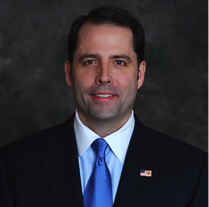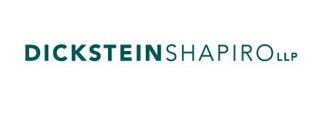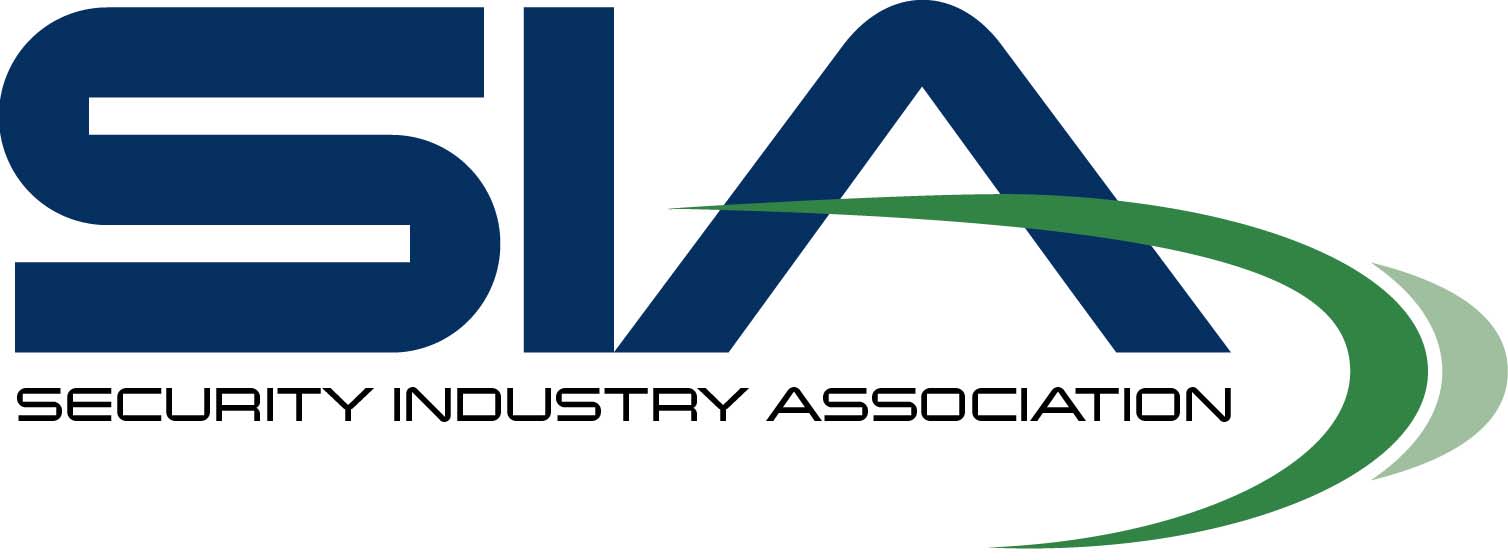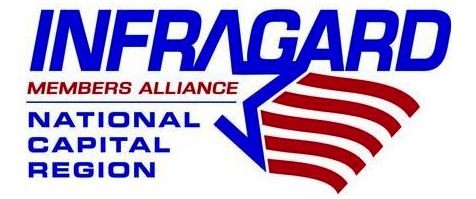Your “Preparedness Plan” for a Government Shutdown
by Strategic Partner Justin A. Chiarodo, Partner and Heather L. Petrovich, Dickstein Shapiro
With Congress quickly approaching a September 30 funding deadline with no adequate spending measures in place, and the Office of Management and Budget now directing agencies to prepare contingency plans, the possibility of a government shutdown is becoming increasingly likely. Unfortunately, government contractors faced these challenges just two short years ago during a 16-day shutdown. Among other challenges, contractors may face a lack of incremental funding; the inability to enter into new contracts or contract modifications; closed government facilities; furloughed government employees; delayed payments; increased indirect costs; and unexercised and deferred contract options. This alert highlights steps government contractors can take to protect their business interests in the event of a shutdown.
Review Your Contracts
| Reviewing your contracts is good advice in all times, but particularly so when facing a shutdown. Several key areas are worth reviewing before a shutdown. First, contractors should consider the amount and type of contract funding for each contract. A shutdown will affect incrementally funded contracts more than fully funded contracts. Though exceptions may apply, the funding for incrementally funded contracts may lapse in the event of a shutdown, which could cause the contract work to come to a halt. Fully funded contracts may be impacted by furloughed employees, facility closures, or other unexpected costs. Second, the place of contract performance may affect the ongoing work on a contract if the contractor is performing at a government facility. Many government facilities will close during a shutdown and furloughed employees or limited hours may affect those government facilities that do remain open. Third, the period of contract performance may affect a contract in that the government cannot exercise options and contract extensions during a shutdown. Fourth, the statement of work could also affect how the shutdown applies to a contract. For instance, national security and emergency preparedness contracts are much more likely to be funded during a shutdown than facility maintenance work. Nonetheless, even those exempt contracts may still be affected if the statement of work requires contractors or projects to interact with furloughed employees. |
Communicate With Your Contracting Officers
It is important for contractors to seek written guidance from their contracting officers before a shutdown about contract performance during a shutdown. Among other things, contractors should seek guidance on whether facilities will remain open, whether employees should continue working, and whether contract performance should continue. If the contracting officer informs contractors that contract performance should not continue during the shutdown, contractors should insist on a written stop-work order to protect their interests. Further, contractors should request a stop-work order for contracts that remain funded, but cannot be continued during the shutdown due to furloughed employees or closed government facilities. Finally, contractors should contemporaneously inform contracting officers in writing of any expected delays or added expenses to mitigate the potential for future disagreements regarding these expenses or delays.
Prepare Employees and Subcontractors
Contractors should take steps to prepare employees and subcontractors if they determine there is a need to furlough employees or suspend subcontracts during a shutdown. These actions should be coordinated with appropriate legal and HR support. Once an action plan is in place, the contractor should take steps to diminish the effects of a shutdown. To mitigate risk to employees, contractors should consider reassigning idle employees to exempt or unaffected programs or requiring employees to use their accrued paid leave during the shutdown if there is no state law or agreement to the contrary.
Prepare for Lengthy Payment Delays
Contractors should prepare to go without payment from the government for an extended period on their non-exempt contracts. To mitigate the possible effects of the shutdown, contractors should collect any possible government receivables before the shutdown occurs and contact and advise creditors about their situation. Further, contractors should consider methods of stretching cash flow by evaluating cash reserves, considering additional lines of credit, and reallocating non-essential budgetary resources, such as business development or advertising funds.
Make a Record
A shutdown will likely lead to additional expenses or delays. These can occur through extra material and vendor costs, costs associated with ramping up or winding down contracts, unabsorbed overhead, delays from furloughed employees, or intervening contractual actions. Contractors should document these expenses as they occur and memorialize all correspondence with agencies, contracting officers, employees, and subcontractors in writing. Contractors should also record any unavoidable costs or actions taken to mitigate costs during the shutdown in order to validate subsequent requests for equitable adjustment that contractors may submit once the shutdown ends.
Comply With All Normal Deadlines
Unless contractors are explicitly notified in writing otherwise, they should continue to comply with all government-related deadlines. This includes deadlines for solicitations, bid protests, claims, appeals of contracting officers’ final decisions, and any litigation deadlines. Although some deadlines may be tolled during a shutdown, these rules can vary among agencies. The safest way to avoid any missed deadlines is to assume they are not moving. On the flip side of this coin, contractors should also be aware that a shutdown may cause proposals to be awarded far later than expected due to shutdown-related delays.
For Additional Information
To learn more about how we can work with you to address the issues summarized above, please contact GTSC Strategic Partner Justin A. Chiarodo at [email protected] or (202) 420-2706, Heather L. Petrovich at [email protected] or (202) 420-2693.




 Merle DeLancey primarily represents healthcare clients involved in a broad spectrum of government contracting issues and litigation. He also formulates strategies for expanding contracting opportunities using the General Services Administration (GSA) and Department of Veterans Affairs (DVA), Federal Supply Schedules (FSS), and other government-wide acquisition and indefinite delivery, indefinite quantity contract vehicles. Merle also has substantial experience in complex, multidistrict litigation in federal district courts throughout the United States.
Merle DeLancey primarily represents healthcare clients involved in a broad spectrum of government contracting issues and litigation. He also formulates strategies for expanding contracting opportunities using the General Services Administration (GSA) and Department of Veterans Affairs (DVA), Federal Supply Schedules (FSS), and other government-wide acquisition and indefinite delivery, indefinite quantity contract vehicles. Merle also has substantial experience in complex, multidistrict litigation in federal district courts throughout the United States. Bernard Nash joined Dickstein Shapiro in 1988 and leads the firm’s State Attorneys General Practice, where he represents clients in complex state and federal legal and legislative matters. Bernie’s work typically involves cases of first impression, matters having public policy implications and/or a governmental interest, and complex litigation. He routinely counsels major private sector clients on a wide range of matters involving State Attorneys General and also has represented states in significant policy disputes. According to Chambers USA: America’s Leading Lawyers for Business, Bernie is “the leading practitioner in the country” who has “cornered the market” in representing clients before State Attorneys General and is known as “the godfather of State Attorney General work.”
Bernard Nash joined Dickstein Shapiro in 1988 and leads the firm’s State Attorneys General Practice, where he represents clients in complex state and federal legal and legislative matters. Bernie’s work typically involves cases of first impression, matters having public policy implications and/or a governmental interest, and complex litigation. He routinely counsels major private sector clients on a wide range of matters involving State Attorneys General and also has represented states in significant policy disputes. According to Chambers USA: America’s Leading Lawyers for Business, Bernie is “the leading practitioner in the country” who has “cornered the market” in representing clients before State Attorneys General and is known as “the godfather of State Attorney General work.” Andrew Smith is an associate in Dickstein Shapiro’s Government Contracts Practice. Andrew focuses on complex civil litigation matters relating to antitrust, unfair trade, mass torts, product liability, and general commercial law. He also has represented and counseled clients in government investigations and government contract matters, including False Claims Act investigations and litigation, and claims and bid protests before the U.S. Government Accountability Office. Additionally, Andrew has been actively involved in providing pro bono legal research assistance to the American Antitrust Institute.
Andrew Smith is an associate in Dickstein Shapiro’s Government Contracts Practice. Andrew focuses on complex civil litigation matters relating to antitrust, unfair trade, mass torts, product liability, and general commercial law. He also has represented and counseled clients in government investigations and government contract matters, including False Claims Act investigations and litigation, and claims and bid protests before the U.S. Government Accountability Office. Additionally, Andrew has been actively involved in providing pro bono legal research assistance to the American Antitrust Institute. Christopher Allen joined Dickstein Shapiro in 2007. Chris is an associate in the State Attorneys General Practice. He represents clients primarily in connection with state government investigations and complex public policy issues, including outreach, negotiations, and litigations involving consumer protection, pharmaceutical products, data breach, information security compliance, antitrust, and environmental issues.
Christopher Allen joined Dickstein Shapiro in 2007. Chris is an associate in the State Attorneys General Practice. He represents clients primarily in connection with state government investigations and complex public policy issues, including outreach, negotiations, and litigations involving consumer protection, pharmaceutical products, data breach, information security compliance, antitrust, and environmental issues.






 Federal Small Business Champions of the Year Award: John Morton, former Director, U.S. Immigration and Customs Enforcement & Jonathan Porter, Chief of Staff, U.S. Immigration and Customs Enforcement
Federal Small Business Champions of the Year Award: John Morton, former Director, U.S. Immigration and Customs Enforcement & Jonathan Porter, Chief of Staff, U.S. Immigration and Customs Enforcement Market Maven of the Year Award: Chad C. Sweet, Co-Founder & CEO, The Chertoff Group
Market Maven of the Year Award: Chad C. Sweet, Co-Founder & CEO, The Chertoff Group Strategic Partner of the Year Award: Brian E. Finch, Partner, Global Security Practice, Dickstein Shapiro LLP
Strategic Partner of the Year Award: Brian E. Finch, Partner, Global Security Practice, Dickstein Shapiro LLP Strategic Advisor of the Year Award: Bill Carroll, Senior Partner, Strike Force Consulting
Strategic Advisor of the Year Award: Bill Carroll, Senior Partner, Strike Force Consulting
 Mentor of the Year Award: TASC & Mike Kelly, Vice President, Business Development, Civil and Infrastructure Security Group, TASC
Mentor of the Year Award: TASC & Mike Kelly, Vice President, Business Development, Civil and Infrastructure Security Group, TASC






 AGENDA AT A GLANCE
AGENDA AT A GLANCE Keynote: Dr. Phyllis Schneck, Deputy Under Secretary for Cyber Security, NPPD, DHS
Keynote: Dr. Phyllis Schneck, Deputy Under Secretary for Cyber Security, NPPD, DHS

 Questions? Ask GTSC’s Strategic Advisor!
Questions? Ask GTSC’s Strategic Advisor!